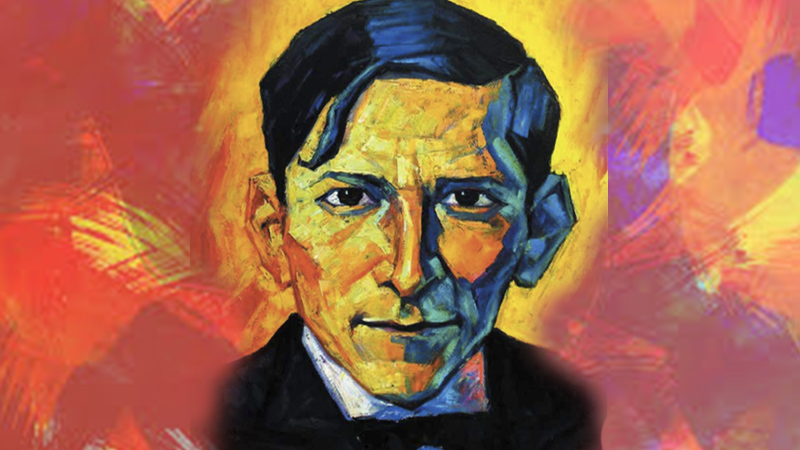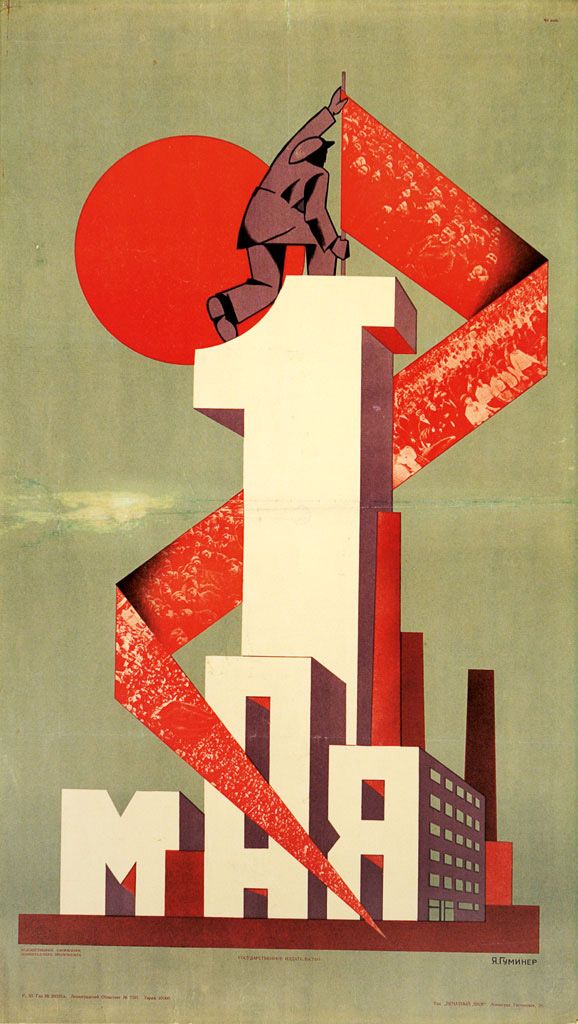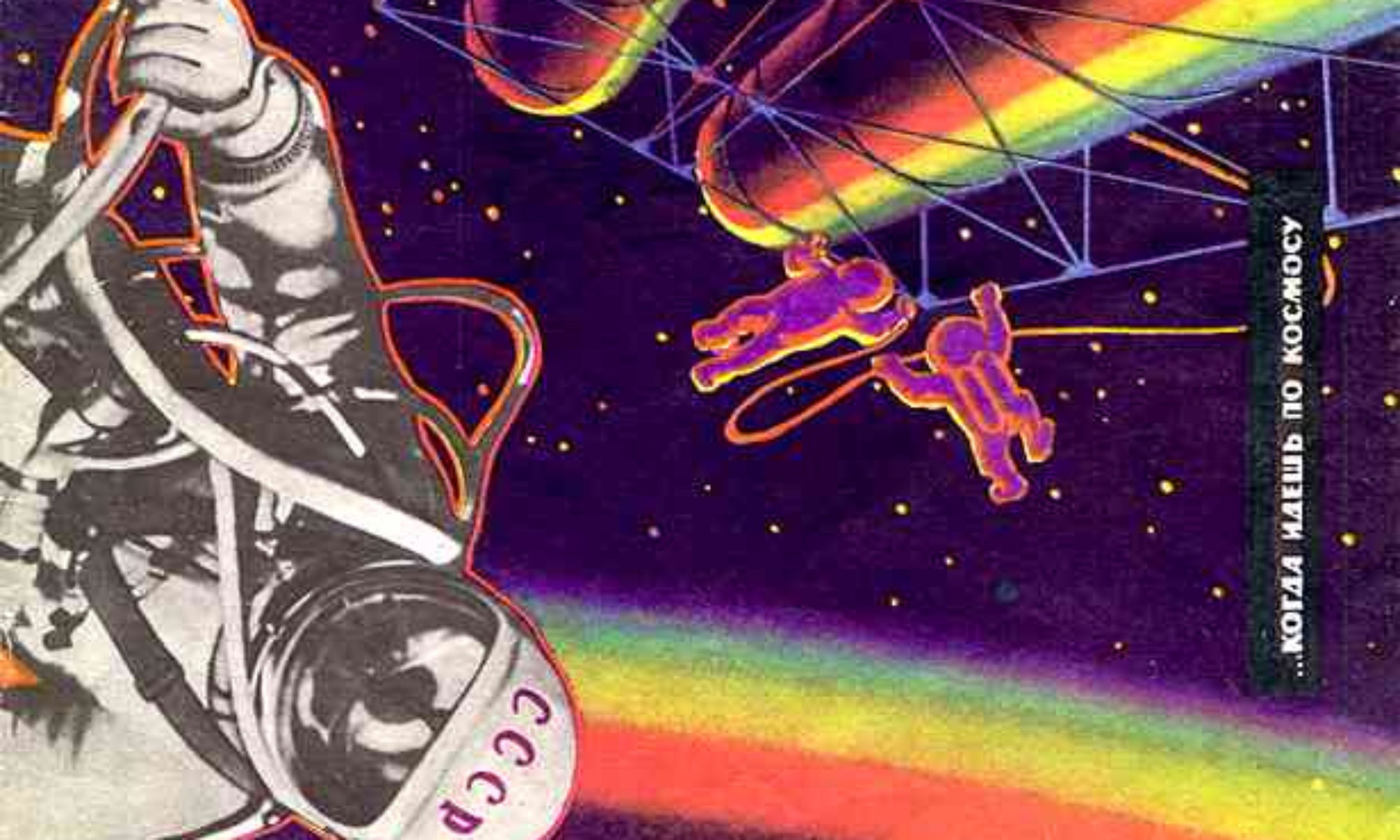Translation and introduction by Renato Flores.

Jose Carlos Mariategui was a Peruvian Marxist, who became the founder of the precursor to the Peruvian Communist Party. He was born in 1894, in Moquegua, but he came of age in Lima and on the Peruvian coast. Plagued by health problems, Mariategui’s flame extinguished at just thirty-five years of age. The world was robbed of one of the most brilliant South American Marxists of his generation. For decades, his work remained obscure outside of Peru, and available only to those who spoke Spanish.
In this piece we present, Mariategui lays out a vision for a united front as the initial step of building the proletarians’ forces. Shadows of Sorel’s influence on Mariategui can be seen, as he constructs a myth of the united front and of the workers’ souls in longing for it. But more importantly- Mariategui’s united front was his conception of party-building. He wanted class and programmatic unity before strict theoretical unity. For years he resisted the Comintern’s wishes to build a Peruvian Communist Party that strictly adhered to the 21 theses, especially once the Comintern turned to the ultra-leftist “third period”. Instead, he started off with a newspaper, Amaunta, while collaborating closely with the weak workers’ and indigenous’ movements.
The united front was central to Mariategui’s conception of politics. Two experiences had shaken him profoundly. Mariategui was present in the Livorno congress, where the Italian Communist Party was founded. He had witnessed firsthand the failure of the Italian Socialist Party in the early 1920s to capitalize on the occupation of the factories, and how this had opened the floodgates for the later rise of Mussolini and fascism. Mariategui, like Gramsci, recognized that the Italian Socialists had no base among the Southern Peasantry, and this had hurt them substantially.
Mariategui was also shaken by the Mexican Revolution. Often ignored in the West, it took place as Europe was fighting in the trenches and the Bolsheviks made their wager for power. The Mexican Revolution was a complex social progress, with many sides to it. One of the most critical episodes took place in 1915 after the nascent bourgeoise led by Venustiano Carranza and Alvaro Obregón had defeated the semi-feudal forces of reaction. The bourgeois needed to consolidate its power against the peasant armies of Villa and Zapata, their previous allies. For this, they tragically drew from the anarcho-syndicalist workers in Mexico City’s Casa del Obrero Mundial, who willingly provided soldiers and support to destroy the “feudal and barbaric” peasant revolt of Villa and Zapata. Mexico’s revolution was interrupted as the workers delivered the state power to the national bourgeoisie.
In both of these instances, the bourgeoisie had split the dispossessed and had pitted them against each other to defeat their radical pretenses. But some leftist Peruvians actually looked up to the Mexican model. APRA, led by Haya de la Torre wanted to move beyond Peru’s “semi-feudal” system through an alliance between the proletarian and the revolutionary bourgeoisie. Mariategui wanted nothing of this losing scheme and insisted on the centrality of the united front to unite all workers and Indian peasants against the real enemy, the bourgeoisie which had no revolutionary role to play.
Mariategui fought on many fronts, theorizing a Peruvian Marxism that was both internationalist, and sensitive to the local conditions. Aside from running Amaunta, he lectured at a popular university, where he was regularly accosted by orthodox anarchists (something he refers to in the text). Mariategui was also involved in the indigenous movement, attending the third Indigenous Congress in 1923. He was one of the first Marxists to theorize the material relationship between the colonized Indians of Peru, understanding that Marxists should relate to their “question” not by declaring the inevitability of assimilation and trying to accelerate it, but by giving them control over the land.
Mariategui’s group establish the Peruvian Socialist Party in 1928 only after the final break with de la Torre, who had founded a personalist party to contest the elections. The united front would slowly break, the PSP became a Comintern-compliant party after his death and was renamed to the Peruvian Communist Party. Mariategui’s legacy is ironically claimed by such diverse parties as ARPA, which he regularly polemicized against, and Shining Path, who could not be further from Mariategui’s united front as they bombed and killed other leftists as often as they attacked the state. Mariategui is today seeing renewed interest in the Anglosphere, including the recent publication of “In the Red Corner” by Haymarket books. As today’s socialist forces reckon with a defeated and nonexistent workers’ movement, Mariategui’s united front remains as relevant as ever to rebuild our fighting forces.

The United Front
May the First is a worldwide day of unity for the revolutionary proletariat, a date that gathers all the organised workers in an immense international united front. On this date, the words of Karl Marx resound, unanimously abided and obeyed: “Proletarians of all countries, unite!”. On this day, all the barriers that differentiate and separate the proletarian vanguard into several groups and several schools spontaneously fall. May 1st does not belong to a single International. It is the day of all Internationals. Today, socialists, communists, and libertarians of all shades mix and blur in a single army that marches towards the final struggle.
In short: this date is an affirmation and an instantiation that the proletarian united front is possible, that it is practicable, and that no present interest or requirement is opposed to its realization.
This international date invites many meditations. But for the Peruvian workers the most current, the most timely one is that which concerns the necessity and the possibility of the united front. Recently, there have been some sectionist attempts. It is thus urgent to understand each other, it is urgent to be concrete to prevent these attempts from prospering, preventing them from undermining and undercutting Peru’s nascent proletarian vanguard.
Since I joined this vanguard, my stance has always been that of a convinced patreon, that of a fervent propagandist of the united front. I remember declaring this at one of the opening conferences of my course on the history of the world crisis. I answered the first gestures of resistance and apprehension from some veteran and hieratic libertarians, who are more concerned with the rigidity of dogma than with the effectiveness and fecundity of action, I said then from the tribune of the People’s University: “We are still too few to divide ourselves. Let us not make an affair out of labels or titles.”
Subsequently, I have repeated these or other analogous words. And I will not get tired of repeating them. The class movement, among us, is still very incipient, very limited, for us to think about fractioning it and splitting it. Before the inevitable hour of division arrives, it falls unto us to perform plenty of common work, plenty of solidarity work. We have many long journeys to undertake together. It is up to us, for example, to awaken in the majority of the Peruvian proletariat class consciousness and class belonging. This task belongs equally to socialists and syndicalists, to communists and to libertarians. We all have a duty to sow the seeds of renewal and to spread class consciousness. We all have a duty to keep the proletariat away from the yellow unions and the false “institutions of representation”. We all have a duty to fight against reactionary attacks and repressions. We all have a duty to defend the proletarian tribune, the proletarian press, and the proletarian organization. We all have a duty to uphold the demands of the enslaved and oppressed indigenous race. And in the fulfillment of these historical duties, of these elementary duties, our paths will meet and join, whatever our ultimate goal is.
The united front does not cancel the personality, nor does it not void the affiliation of any of those who compose it. It does not mean the confusion or amalgamation of all doctrines into a single one. It is a contingent, concrete and practical action. The program of the united front considers exclusively the immediate reality outside of all abstractions and utopias. To preach the united front is not to preach ideological confusion. Within the united front each one must preserve his own affiliation and his own ideology. Each one must work for his own beliefs. But all must feel united by class solidarity, bound by the struggle against the common rival, bound by the same revolutionary will and by the same rejuvenating passion. To form a united front is to have a mindset of solidarity in the face of a concrete problem; in the face of an urgent need. It does not mean renouncing the doctrines that one serves, nor abandoning the position that one occupies in the vanguard. The diversity of tendencies and ideological nuances is inevitable in that immense human legion called the proletariat. The existence of defined and precise tendencies and groups is not an evil. On the contrary, it is the sign of an advanced period of the revolutionary process. What matters is that these groups and tendencies know how to understand themselves when facing the concrete reality of the day. Let them not be Byzantinely sterilized in reciprocal exconfessions and ex-communications. Do not drive the masses away from the revolution with the spectacle of dogmatic quarrels between their preachers. Do not use your weapons nor waste your time in hurting each other, but use them in combating the social order, its institutions, its injustices, and its crimes.
Let us warmly reach out to feel the historical bond that unites us to all the men of the vanguard and to all the patrons of renewal. The examples that come to us daily from outside are uncountable and magnificent. The most recent and poignant of these is that of Germaine Berthon. Germaine Berthon, an anarchist, accurately fired her revolver at an organizer and operator of White terror, thus avenging the murder of the socialist Jean Jaurés. The noble, heightened and sincere spirits of the revolution perceive and respect the historical solidarity of her efforts and her works. The privilege of sectarian incomprehension and egotism belong to the petty spirits, who lack horizons and wings, and the dogmatic mentalities, which desire to petrify and immobilize life inside of a rigid formula.
Among us the proletarian united front is fortunately a choice and an evident longing of the proletariat. The masses call for unity. The masses demand faith. And that is why their soul rejects the corrosive, disintegrating and pessimistic voice of those who renege and of those who doubt, and instead seeks the optimistic, warm, youthful and fruitful voice of those who assert and of those who believe.

47 Replies to “‘The United Front’ by Jose Carlos Mariategui”
Comments are closed.